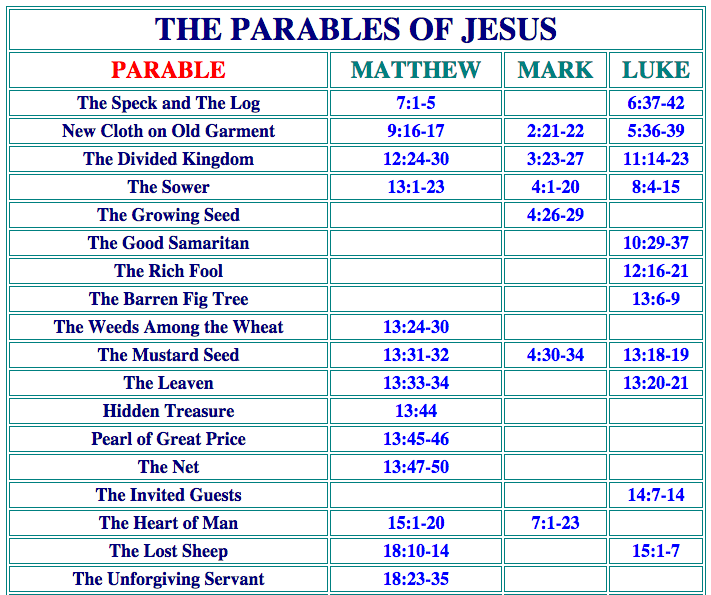What Are The Ten Commandments In The Bible
What Are The Ten Commandments In The Bible
The Ten Commandments are a set of laws that were given to Moses on Mount Sinai by God. They are the most important rules for being a good person and living a good life. The commandments tell us how we should act towards God and how to treat our fellow man. They form the foundation of all other biblical laws, as well as our civil law systems today.
Thou shalt have no other gods before me.
- Thou shalt have no other gods before me.
- Don’t worship anything or anyone other than God.
- Don’t worship money.
- Don’t worship fame.
- Don’t worship yourself.
- Don’t worship your own achievements and accomplishments, especially if they’re not what God wants you to do with your life and career (e.g., if God wants you to become a doctor instead of an actor).
- Don’t worship your own body, which is sinful anyway because it’s just a shell that can die at any moment (1 Corinthians 3:16-17). The only thing that matters is whether or not our souls are saved; everything else is irrelevant in comparison (1 Corinthians 6:13).
Thou shalt not make unto thee any graven image, or any likeness of any thing that is in heaven above, or that is in the earth beneath, or that is in the water under the earth:
Thou shalt not make unto thee any graven image, or any likeness of any thing that is in heaven above, or that is in the earth beneath, or that is in the water under the earth:
This Commandment prohibits making images of God and other supernatural beings. It also forbids creating representations of humans (including yourself), animals and objects found on Earth.
The Bible does not specify a reason for this law; however, some scholars believe that it was meant to prevent idolatry by forbidding people from having religious statues and artifacts at home. Others speculate that it was meant to prevent the worship of false gods—that is, gods other than Yahweh (the God of Judaism). In addition to forbidding idols made by humans with their own hands, this commandment also applies to those made by nature itself—such as mountains or trees—or by divine power—for example angels.
Thou shalt not take the name of the Lord thy God in vain; for the Lord will not hold him guiltless that taketh his name in vain.
This commandment is all about respecting the Lord and not taking His name in vain. It’s a sin because you’re doing something wrong, and it’s an insult to God. If you say that your car isn’t working, try calling someone and saying: “The Lord isn’t answering my prayers right now.” That would be a sign that you haven’t been practicing this commandment.
If you say any curse word, or even say something like “for crying out loud” without thinking about what you’re saying, then it counts as taking God’s name in vain! Sometimes people think that using these words doesn’t really count as breaking this law but we really shouldn’t use those bad words at all because they aren’t nice or respectful towards anyone!
Remember the sabbath day, to keep it holy.
The sabbath is the seventh day of the week, or Saturday. The word “sabbath” comes from a Hebrew word that means “to cease.” The sabbath was instituted by God at creation (Genesis 2:1-3) and has been observed ever since.
The Ten Commandments teach us to keep this holy day in honor of God. It was designed as a day when no work or other activities were to be done on that day except those related to worshiping God (Exodus 20:8-11). This rule was not meant to make life more difficult; rather, it was intended to give people time to focus on their relationship with God and rest from their normal daily routines.
The Sabbath commandment stands out because it is unique among all others found in the Ten Commandments—it is specifically stated as being of “great importance” (Exodus 20:12).
Honour thy father and mother
This commandment to honor parents includes both biological and adoptive parents. It also includes guardians who are not legally a child’s parent, such as grandparent or stepparent. This commandment teaches us that we should respect our parents regardless of what they do. We should not speak badly about them and treat them with love and respect even if they fail to meet our expectations at times (Exodus 20:12). Parents are the first teachers of their children, so it is important that we give them credit for all the things they have done for us throughout our lives (Ephesians 6:2).
Thou shalt not kill.
Thou shalt not kill.
The most obvious commandment, “Thou shalt not kill” is one that everyone can get behind. It’s illegal in the United States to take another person’s life, and it shouldn’t be any different for God’s chosen people—especially when their lives are taken for no good reason at all.
Thou shalt not commit adultery.
Thou shalt not commit adultery. Adultery is a sin, and the violation of God’s law. It is a betrayal of your spouse, your marriage vows, and an affront to the Ten Commandments. Adultery goes against everything that God stands for and wants for his people.
Thou shalt not steal.
The Ten Commandments are the first and most important rules in Christianity. Jesus said that if you kept them, you would go to Heaven when you died. However, if you didn’t keep them then God would be very angry with you and send you to Hell.
The tenth commandment says thou shalt not steal. This means that it is bad for people who live on Earth (and other planets) to take things that don’t belong to them and keep those things for themselves or sell them and get money for these things instead of returning those things back where they came from originally so other people can have access too! It’s also bad if someone tries stealing something from another person without permission too! So keep these commandments in mind when doing business in life: Don’t take anything without asking first; don’t lie about what happened; And most importantly…Don’t take more than needed even if someone else offers because there may not be enough supply left over afterwards.”
Thou shalt not bear false witness against thy neighbour.
“Thou shalt not bear false witness against thy neighbour.”
This commandment is a clear message: honesty will be rewarded, while dishonesty will be met with punishment. The Bible teaches that lying leads to all kinds of evil, including hatred and murder. According to the Ten Commandments in the New Testament (Matthew 19:18), “For out of the heart proceed evil thoughts, murders, adulteries, fornications, thefts…” Lying is a sin because it goes against God’s word and deters people from seeing Him as their Creator and Savior.
Thou shalt not covet thy neighbour’s house, thou shalt not covet thy neighbour’s wife, nor his manservant, nor his maidservant, nor his ox, nor his ass, nor any thing that is thy neighbour’s.
Thou shalt not covet thy neighbour’s house, thou shalt not covet thy neighbour’s wife, nor his manservant, nor his maidservant, nor his ox, nor his ass, nor any thing that is thy neighbour’s.
This commandment is worded in such a way as to make it very clear that we should not be jealous of what other people have. The Bible says that you should be happy with what you have, and that if you are given something by God (like the gift of life), then there should never be a moment when you want something else.
This is an important lesson for all of us because many times we are tempted to look at others’ possessions and think about how much better our lives would be if we had them instead. This can lead us down paths that lead away from God—and towards unhappiness as well!
These are the fundamental rules for being a good person and living a good life by following God’s word.
These are the fundamental rules for being a good person and living a good life by following God’s word. These rules apply to all people, regardless of religion, and they are the most important ones in Judaism.
These ten commandments can be broken down into two groups:
- The first five commandments focus on how we should treat others and ourselves.
- The second five commandments focus on how we should worship or honor God.
So, these are the ten commandments. They’re a great guide for living a moral life and following God’s word. If you haven’t read them before then I hope this has been helpful for you!






